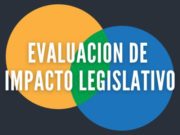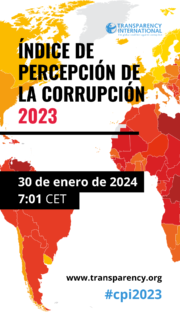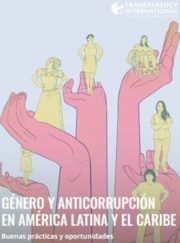- ¿QUIÉNES SOMOS?
- Programas
- Programa de Diagnóstico, Medición y Evaluación de Impacto
- Unidad de Monitoreo de Procesos
- Programa de Convenciones y Mecanismos Internacionales Anticorrupción
- Programa Sectorial en Educación y Rendición de Cuentas
- Programa de Integridad en el Financiamiento Climático (CFIP)
- Programa Editorial
- Iniciativa para el Fortalecimiento de la Institucionalidad de los Programas Sociales (IPRO)
- Programa de Investigación sobre Ciudadanía y Mercados
- BIBLIOTECA
- Comunicados de Prensa
- RENDICIÓN DE CUENTAS
- CONTACTO
Mexican CSO warn of possible regressions on Access to Information
The Civil Society Organizations that participate in OGP Mexico would like to share with you our concerns in light of recent events and reforms regarding transparency and access to information in Mexico.
As we all know, in order to initiate any open government efforts there are two fundamental pre-requisites that have to be in place to some degree; these are transparency and the right to access government information.
In the upcoming days, the Mexican Senate is scheduled to vote for a General Transparency Law initiative that has been co-constructed in an unprecedented act of open parliament, where the voice of Civil Society was actively heard and incorporated.
However, this best practice of co-creation is being hindered by petition of the Executive Branch of the Federal Government; the modifications it proposes, above all, are contrary to the recent Constitutional Reform.
There are three main concerns with these modifications to the initiative. First and foremost, they will produce a great regression in what Mexico has gained regarding transparency and access to information; gains that the Civil Society and relevant stakeholders have pro-actively defended for the past twelve years.
Second, they blatantly weaken the Federal Institute for Access to Public Information and Data Protection (IFAI) by constraining its independence and authority.
Third, there are a series of small adjustments that limit the right of access to information and transparency, the obligations towards transparency and accountability of public servants, and broaden the number of criteria to withdraw information from the public and the number of years it must remain undisclosed.
Should this initiative pass with these modifications, the most likely scenario will be one where public servants will be able to act with no accountability, and with an extraordinary ease to wash their hands of any omission on their part.
Furthermore, the access to information guarantor body will have little power to investigate and sanction any irregularity. In a nutshell, the General Transparency Law initiative, as proposed by the Executive Branch, is all but open.
Given this context, the Civil Society Organizations that participate in the Open Government Partnership in Mexico have manifested their deep concerns to the Tripartite Technical Secretariat of the Open Government Partnership in Mexico with a letter (view the letter here: Letter from Mexican CSO to the TTS Feb 3.15), that questions the government’s long-term commitment to open government, transparency, and accountability.
By sharing the situation we are now going through in Mexico, we aim to raise awareness within the OGP community of the enormous risks that a weak legal framework in access to information poses to the open government agenda. We invite you to support our actions by emphasizing, in every forum you participate, the relevance of an adequate legal framework on access to information in order to strengthen and successfully implement the open government agenda.
Twitter
Sí, tenemos derecho a saber cómo se aprueban los ingresos y presupuestos de nuestros gobiernos.
¿Que casi nadie revisa esas leyes? Tal vez. Pero, los congresos tienen la obligación de publicar las iniciativas y las leyes aprobadas. Es lo mínimo que deben cumplir.
Ahora... 🧵@Mig_GonzalezC que decidió poner su corazoncito en TMX, se echó por acá un textito para pensar que ya va siendo hora de cambiar la narrativa de que lxs contribuyentes (qué pagamos iva, isr o hasta impuestos a los libros) nomás somos quienes podemos el varo para que el país ande.











